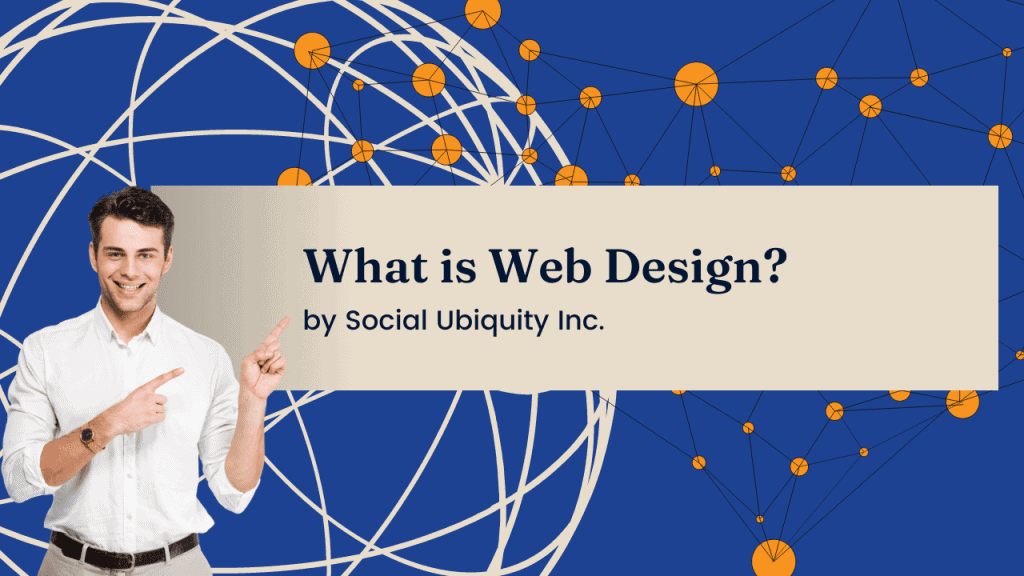In today’s fast-paced digital landscape, businesses constantly seek innovative ways to enhance customer engagement and streamline marketing efforts. Chatbot have emerged as a powerful tool in marketing automation, offering the ability to interact with customers in real-time, provide personalized experiences, and automate repetitive tasks. This blog will explore how chatbots can revolutionize marketing automation, including their benefits, practical applications, and tips for successful implementation.
The Benefits of Chatbots in Marketing Automation
Real-Time Customer Interaction
Chatbots enable real-time customer interaction, instantly responding to queries and facilitating smooth communication. This immediacy improves user experience and satisfaction, leading to higher engagement and better conversion rates.
Personalization at Scale
AI-driven chatbots can analyze customer data and interactions to deliver personalized messages and recommendations. By tailoring responses based on user behavior and preferences, chatbots can create a more relevant and engaging experience, driving higher customer satisfaction and loyalty.
Efficient Handling of Repetitive Tasks
Chatbots can automate routine tasks such as answering frequently asked questions, processing orders, and scheduling appointments. This automation reduces the workload on human staff, allowing them to focus on more complex tasks and strategic initiatives.
Enhanced Lead Generation and Qualification
Chatbots can assist in lead generation by engaging visitors on your website, capturing their information, and qualifying leads based on predefined criteria. This process helps identify high-quality leads and streamline the sales funnel.
Practical Applications of Chatbots in Marketing
Customer Support
Chatbots can provide 24/7 customer support, addressing common issues and inquiries without human intervention. This continuous availability ensures that customers receive assistance whenever needed, improving overall customer experience.
Personalized Marketing Campaigns
Integrating chatbots with your marketing automation platform can enable you to deliver personalized marketing campaigns based on user interactions and preferences. Chatbots can suggest products, offer discounts and send targeted messages to enhance campaign effectiveness.
Lead Nurturing and Follow-Up
Chatbots can nurture leads by engaging with them throughout the buyer’s journey. They can follow up with prospects, provide additional information, and guide them through the sales process, helping to convert leads into customers.
Data Collection and Analysis

Chatbots can collect valuable data on customer interactions, preferences, and behavior. This data can be analyzed to gain insights into customer needs and trends, informing future marketing strategies and decision-making.
Tips for Successful Chatbot Implementation
Define Clear Objectives
Before implementing a chatbot, define clear objectives and use cases. Determine what tasks you want the chatbot to handle, such as customer support, lead generation, or marketing campaigns. This clarity will guide the development and deployment process.
Design Conversational Flows
Create well-structured conversational flows to ensure the chatbot provides relevant and accurate responses. Map out potential user interactions and design the chatbot’s responses to address various scenarios effectively.
Integrate with Existing Systems
Ensure your chatbot integrates seamlessly with your existing marketing automation platforms, CRM systems, and other tools. This integration will allow for a cohesive user experience and efficient data management.
Monitor and Optimize Performance
Monitor the chatbot’s performance regularly and gather feedback from users. Analyze interaction data to identify areas for improvement and optimize the chatbot’s responses and functionality to enhance its effectiveness.
Maintain a Human Touch
While chatbots can handle many tasks, it’s important to provide an option for users to connect with a human representative when needed. Balancing automation with personalized human interaction ensures a more comprehensive and satisfying customer experience.
Chatbots are transforming marketing automation by offering real-time interactions, personalized experiences, and efficient handling of repetitive tasks. By leveraging chatbots effectively, businesses can enhance customer engagement, streamline processes, and drive better results. As technology advances, chatbots will play an increasingly integral role in shaping the future of marketing automation.







